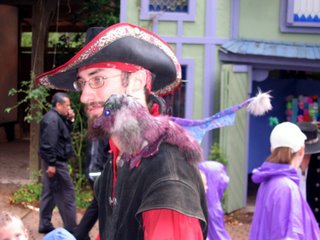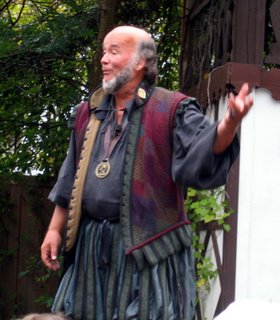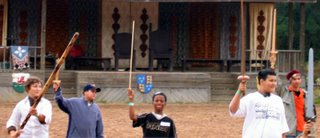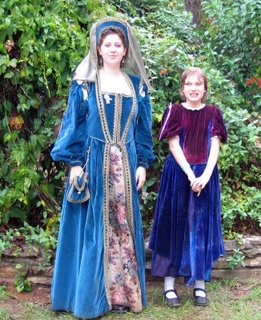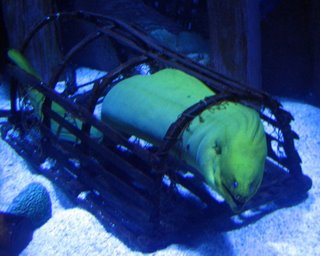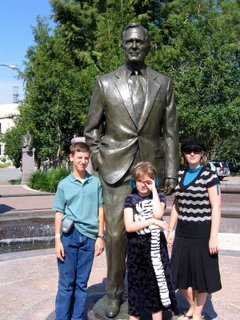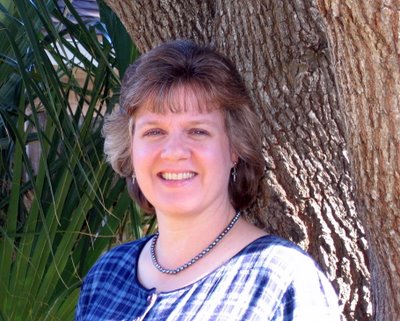Some Christians might justify this by saying that I was only a child or I was only trying to be a “good” witch, or that it wasn’t real. But God calls all forms of witchcraft, spells, sorcery, and anything associated with the occult an abomination. There is no “good” witchcraft; it is all evil and dark.
Halloween is dark. Have you ever noticed that trick-or-treating doesn’t start until after dark? Or that the Halloween parties don’t begin until after dark? As Christians, God has called us out of the darkness into His marvelous light. But just how dark is Halloween really?
The history of Halloween begins hundreds of years before Christ’s birth, when the Celts, inhabitants of Britain and Ireland, and their priests, the Druids, celebrated Samhain, a festival that marked the eve of the Celtic New Year, which began on November 1. The fall harvest was complete and winter loomed. The Celts believed the power of the sun was fading. For the next several months, darkness would prevail.
The Celts believed that during Samhain, the veil separating the living from the dead was at its thinnest, that on the evening of October 31, evil spirits and the souls of the dead passed through the barrier and entered the world of the living and departed family members would revisit their earthly homes. They also believed these spirits and dead souls could torment the living. Crops might be destroyed, babies stolen, farm animals killed. But this was also an opportunity to commune with the spirits and divine the future. Satan, the lord of darkness, was ordinarily feared, but during Samhain, his power would be called on to foretell the future.
The Druids were charged with appeasing the goblins and preventing harm to the people. Huge Samhain bonfires were lit to guide the way of the spirits. Various sacrifices, including human, were performed to assure a good year. Ancient authors commented on the gory religious rites of the Druids. It is believed that, like many pagan cultures around the world, the Celts left out food for the spirits, hoping that a "treat" would prevent an evil "trick."
Centuries later, descendants of the Celts continued to observe the Samhain festival by dressing as evil spirits. They roamed from house to house demanding food in exchange for the "spirits" leaving the home. They carved demon faces in hollowed-out turnips and put candles inside.
That night they also practiced many customs designed to divine the future. Young people threw nuts into Samhain fires to see which would crack first and tell them who they would marry. The person who retrieved an apple with his mouth from a tub of water assured himself of a lucky year.
When Christianity began to spread through Europe in the third and fourth centuries, the pagan temples were torn down. But pagan worship never completely disappeared. The festival of Samhain remained a primary pagan festival. Belief in spirits may have waned, but many of the old Samhain traditions continued to be practiced, especially by the children. Primarily in Ireland, children dressed as spirits went from house to house demanding a treat. If they received none, they performed an unwelcomed trick. They were play-acting the part of evil spirits that had to be appeased, just as in the old Samhain festival the people believed they really did have to appease spirits.
In the 700s, the church chose to recognize the saints (hallowed) instead of honoring evil spirits and the souls of the dead. So November 1 came to be called All Saints' Day or All Hallows' Day. The evening before was called All Hallows' Evening. From that we get the modern name of Halloween. But pagan customs continued. And with the growth of witchcraft in the Middle Ages, additional symbols became associated with Halloween - black cats, witches, bats, and skulls.
Irish immigrants in the mid-1800s brought to America the Halloween customs we're familiar with - costumes, trick-or-treat, carved Jack-o-lanterns, bonfires, bobbing for apples, etc. They also brought "tricks" with them, which often involved breaking windows and over-turning outhouses.
Even though the practice of actually performing a trick if no treat is given has changed to egging cars or TPing a yard, the custom of children going "trick-or-treating" has become an established American tradition. But while children and adults "innocently" imitate ancient Celtic customs, darker practices persist. Witches and Satanists still consider Halloween to be one of the strongest times during the year to cast a spell. On Halloween, most practitioners participate in a ritual called "drawing down the moon." In this, the chief witch of the coven becomes, they believe, a channel for the moon goddess. During this ritual the participants are “sky-clad" - that is, naked.
Stonehenge, the mysterious ancient stone formation in England, is often the site for bizarre gatherings of occultists on October 31, some of whom believe they are modern-day Druids. (Many people believe that Stonehenge was a Druid religious site.) And evidence persists that some Satanist and voodoo groups offer sacrifices - usually animals, (check the missing cat count on November 1) but, possibly, human babies.
When your children ask you why they go trick-or-treating, what will you tell them? That it is another opportunity to glorify God, which is why we were created? Halloween is dark, and even though some of the original intents for the customs of Halloween are no longer with us, it is nonetheless not only based upon pagan, evil culture, but it is still FULL of evil. Check out the costumes and tell me they promote godliness. Check out the attitudes and see what fruit of the Spirit you find amongst those buckets of candy.
Up until approximately the age of 12, children are very concrete thinkers, which means that they see everything fairly literally. Abstract thinking comes with puberty, so when a young child dresses up as a witch, for instance, they really think they can be one. Pretending to them is very real. Their minds work so different than adults' do, so it may be hard to remember how we thought when we were young, but the pretending of Halloween is very real to them. Watch a young one (it doesn't really even matter what age, if they haven't been before) the first time they go trick-or-treating and see all the other kids, and observe their fright and fear and nightmares. Oh, yes, they can grow accustomed to the evil of Halloween, but is that what we really want for our children? Halloween sparks an interest in the occult, an interest in scary things, an interest in evil. Satan hates Christians, and Satan hates children. What an opportunity Satan has to delude well-meaning Christian parents on Halloween night.
Here are a few Scriptures to meditate on concerning this day:
Abstain from all appearance of evil.
Do not imitate what is evil, but what is good.
Have no fellowship with the unfruitful works of darkness, but rather expose them.
Do not be conformed to this world, but be transformed by the renewing of your mind, that you may prove what is that good and acceptable and perfect will of God.Abhor what is evil. Cling to what is good.
“Whoever causes one of these little ones who believe in Me to sin, it would be better for him if a millstone were hung around his neck, and he were drowned in the depth of the sea."Finally, brethren, whatever things are true, whatever things are noble, whatever things are just. whatever things are pure, whatever things are lovely, whatever things are of good report, if there is any virtue and if there is anything praiseworthy—meditate on these things.
What should Christians do on the eve of October 31? I will give you several ideas, and I'm sure there are many more, but note that one idea I do NOT list is a Christian version of a Halloween party, no matter what you call it. (If celebrating is what you desire, I would suggest looking to the Feasts that God has already so graciously given us as real Holy Days to celebrate!) Here are a few ideas:
Stay home and keep the front of the house dark. Don't answer the door. When God tells us to be holy even as He is holy, He is telling us to separate ourselves from the world. October 31st is a good day to do that.
Have a Bible study that evening with family and/or friends on what God thinks about witchcraft and the occult.Study the reformation that day, since that date is also Reformation Day and applies to all protestants, not just those who are Reformed. I know one church that is showing a movie about the reformation then.
Have a normal day, as if nothing out of the ordinary were happening.
Whatever you do, do all to the glory of God!
